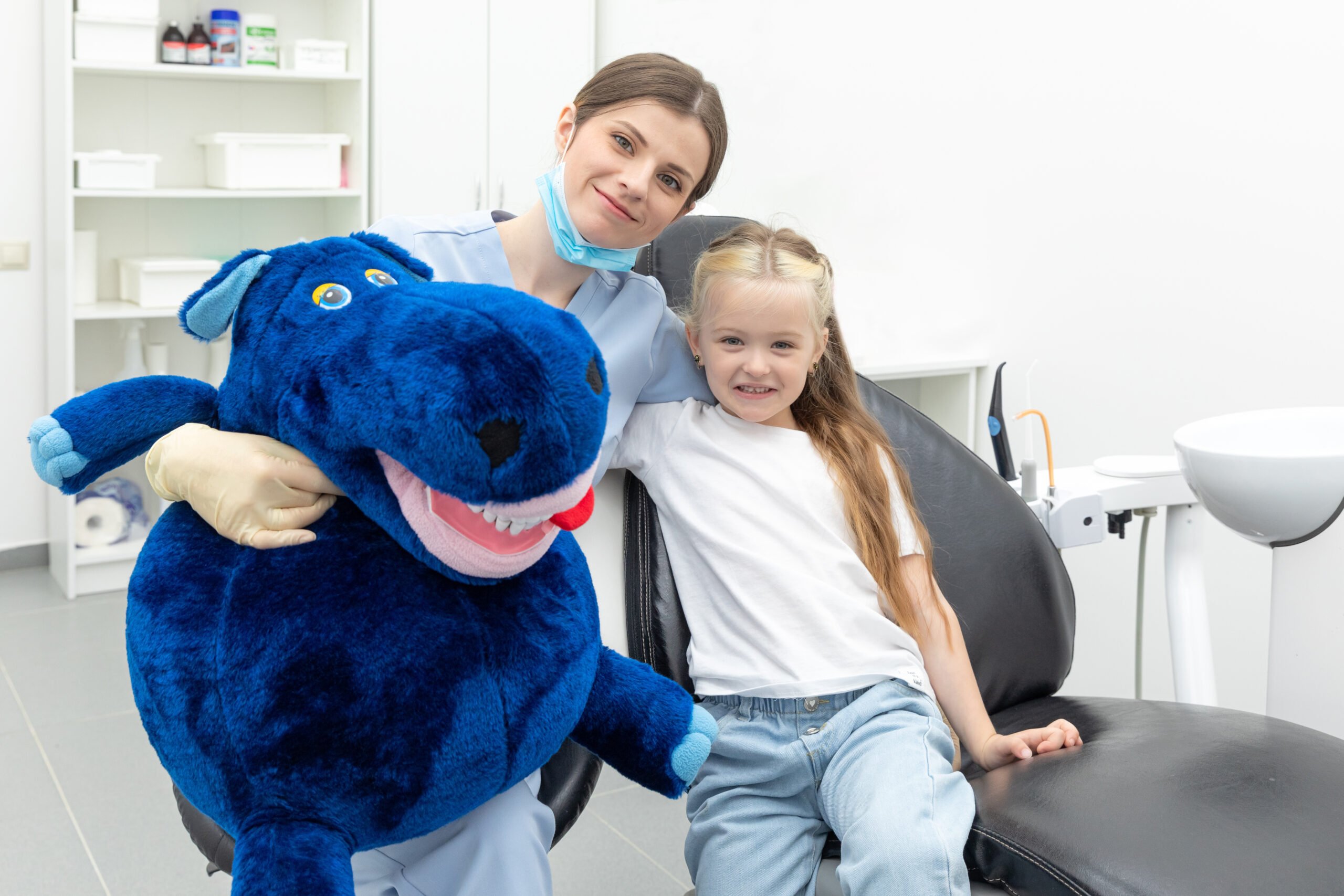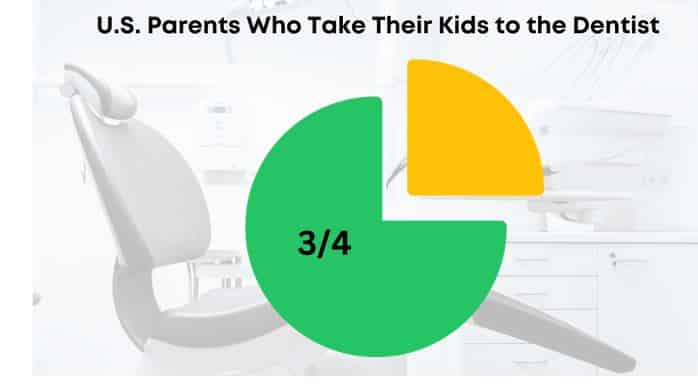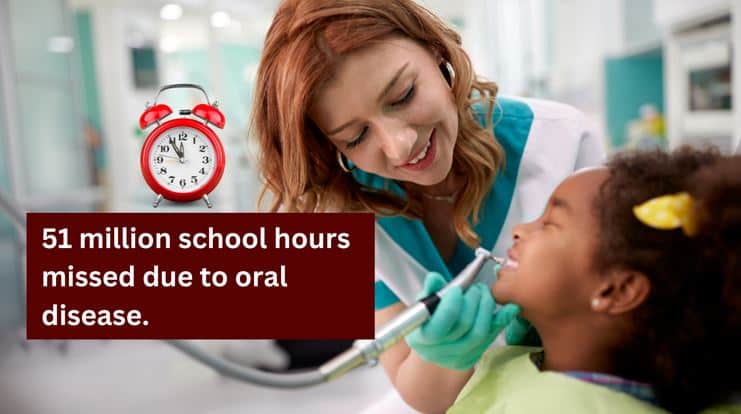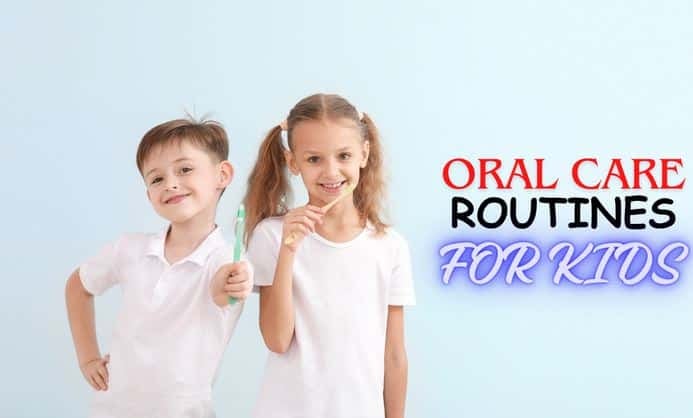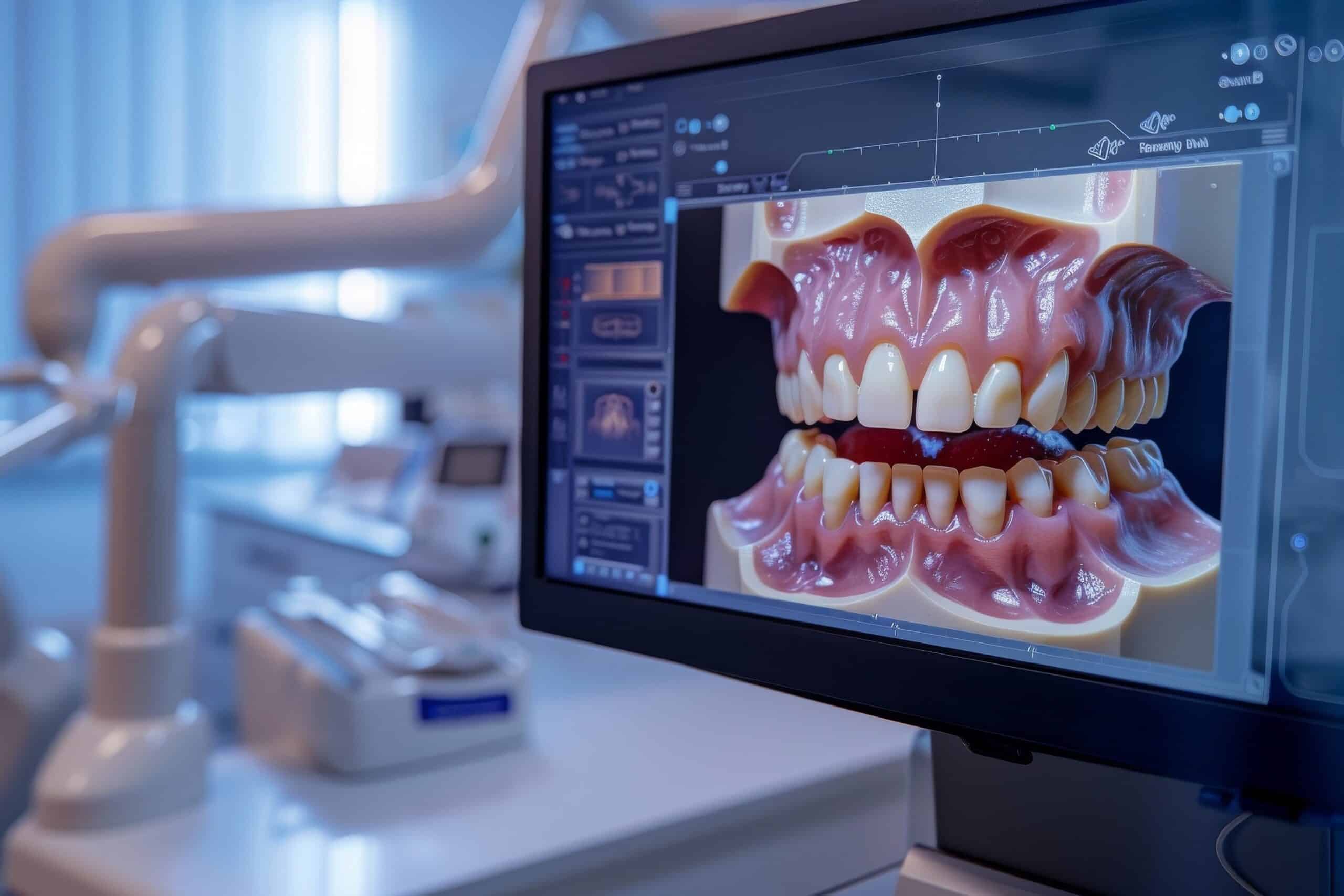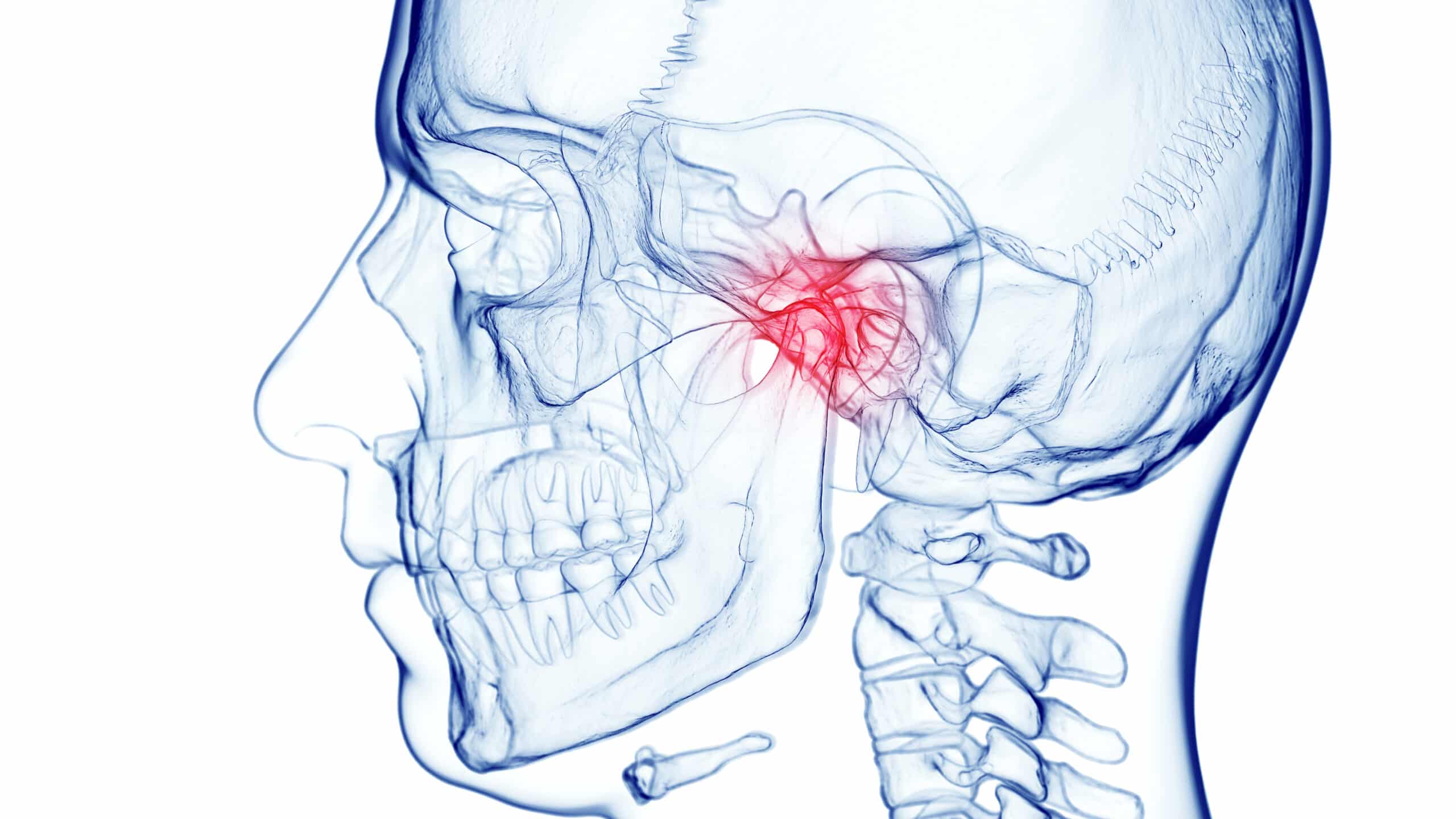As parents, we cherish those toothy grins and dream of a future with healthy, radiant smiles from our kids.
But the big question that often lingers is: “When should kids go to the dentist?”
According to an AAPD national survey, nearly three-quarter of U.S. parents take their child to the dentist by their first birthday.
Essentially, when kids visit a dentist by their first birthday, they cut their odds of dealing with serious dental troubles as they grow by a whopping 60%.
Early dental care prevents and protects kids against serious dental issues in the future.
Understanding the Importance of Early Dental Car
One of the best things you could do for your kid is to expose them to early dental care. Here’s why:
Dental issues are one of the most common chronic childhood diseases, it’s about 5 times more dangerous than Asthma.
These little teeth may be small, but they play a colossal role.
Here are the 7 benefits of early dental care supported by medical research:
- Prevents Dental Issues: Early dental visits significantly reduce the risk of major dental problems.
- Lower Costs: Children who start dental visits before age one have lower dental care costs over their lifetime.
- Oral Health Education: Early visits educate parents and kids on proper oral care routines.
- Improved Attendance: Dental-related illnesses cause over 51 million school hours to be missed annually.
- Prevention of Anxiety: Early visits can help reduce dental anxiety in children.
- Orthodontic Support: A substantial number of children (4.5 million in the U.S.) require orthodontic care.
- Transition to Adult Dentistry: Understanding the process helps in a smoother transition to adult dental care.
Early visits can help identify issues before they become monstrous problems, saving you and your child from potential dental nightmares.
The Recommended Age for a Child’s First Dental Visit
Studies show that kids who have their first dental check-up before the age of 1 are less likely to require restorative or emergency dental procedures.
According to the American Dental Association, children who visit the dentist early not only develop better dental habits but also have lower dental care costs over their lifetime.
The sweet spot for a child’s first dental visit is usually around their first birthday. Why so early, you ask?
Well, it’s a mix of prevention and education. The dentist can spot issues and educate the parent/guardian on the dos and don’ts of tiny teeth.
Plus, it’s a chance for your child to get familiar with the dentist’s chair without any drilling involved.
Preparing Your Child for the First Dental Visit
Here comes the fun part — preparing your little one for their grand dental experience!
We all know kids can be a bit, let’s say, apprehensive. But there’s a trick – make it sound exciting!
Tell them about the friendly dentist who loves counting teeth and keeping them strong. You could even promise a fun treat afterward (don’t tell the dentist).
And don’t forget, bring their favorite toy for moral support.
Let’s summarize 7 tips that can help you prepare your child for their first dental visit:
- Use positive and reassuring language when talking about the dentist.
- Pretend to be a dentist at home to make it fun and less intimidating.
- Let your child bring their favorite toy for comfort.
- Explain what will happen during the first visit in a child-friendly way.
- Consider a small treat or reward after the visit to create a positive association.
- Share your own dental stories to make it relatable.
- Select a dentist experienced in treating children to ensure a comfortable experience.
Common Dental Issues in Children and How to Spot Them
Did you know that more than 51 million school hours are missed each year due to dental-related illnesses?
That’s a significant number, highlighting the importance of dental health in children.
Children go through several dental issues — both minor and major issues.
Here are 7 common dental issues in children and how to spot them:
1. Tooth Decay (Cavities):
Research indicates that tooth decay is the most prevalent chronic childhood disease.
Look for white spots or discoloration on the teeth, indicating decay.
2. Gum Disease (Gingivitis):
Medical studies highlight that gingivitis can affect even young children.
Observe red, swollen, or bleeding gums as early signs of gingivitis.
3. Teething Troubles:
Recent research shows that teething can lead to discomfort.
Watch for increased drooling, fussiness, and excessive chewing.
4. Tooth Erosion:
Studies suggest acidic foods and drinks can erode enamel in children.
Be aware of increased tooth sensitivity or visible wear on the teeth.
5. Malocclusion (Misaligned Teeth):
Recent research indicates that misaligned teeth can have adverse effects on speech and eating.
Keep an eye out for issues like difficulty biting or speaking.
6. Thumb Sucking and Pacifier Use:
Studies reveal that prolonged thumb sucking or pacifier use can affect dental development.
Notice if your child continues these habits past toddlerhood.
7. Trauma to Teeth:
Medical data highlights that accidents can lead to dental injuries in children.
Be alert to any sudden tooth pain, fractures, or loose teeth due to accidents.
Oral Care Routines for Kids
Teaching your mini-me proper oral hygiene is like training for a marathon. Follow these oral care routines to keep your kids’ teeth healthy, clean, and strong:
- Start with a soft toothbrush and fluoride toothpaste. Make brushing fun by singing and setting a timer.
- Teach flossing like a treasure hunt to remove hidden food bits. Use kid-friendly floss picks.
- Swap sugary treats for fresh fruits, yogurt, and cheese. It’s tasty and kind to teeth.
- Choose water over sugary drinks. Call it the “Thirsty Dinosaur” choice to keep teeth happy.
- Share your dental stories. Dentists become dental superheroes with sparkling smile powers.
- Reward brushing with starry stickers. At bedtime, read a story about the hero with a gleaming smile.
- Create a daily toothbrushing checklist. Consistency builds healthy habits.
FAQs About Dental Care for Kids
Let’s answer some frequently asked questions (FAQs) about Pediatric Dentistry:
1. “But my child is afraid of the dentist!”
If you’re dealing with this common fear, you’re not alone. Many kids have a slight case of dentist jitters. Share your own funny, or maybe not-so-funny, dentist story. Kids love knowing their parents were little once too. And, be honest; sometimes dentists have cool stickers!
2. How early should my child start seeing a dentist?
According to the American Academy of Pediatric Dentistry, your child’s first dental visit should ideally happen around their first birthday. Early visits help in spotting potential issues and establishing a positive relationship with the dentist.
3. What can I do if my child is afraid of the dentist?
Dental anxiety is common in children. To ease their fears, use positive language, share your own dental stories, and choose a pediatric dentist experienced in working with kids. This helps create a comfortable and reassuring environment.
4. When should my child begin brushing and flossing regularly?
Start cleaning your child’s gums with a soft cloth shortly after birth. When teeth appear, use a small, soft-bristle toothbrush with fluoride toothpaste. As they grow, encourage them to brush for two minutes and floss once a day.
5. Are baby teeth really that important?
Yes, baby teeth are essential. They act as placeholders for permanent teeth and help in speech development and chewing. Neglecting baby teeth can lead to dental problems in the future. So, it’s vital to care for them just as you would for adult teeth.
Early Dental Care for Your Child: Takeaway
Keep in mind that as your kid grows, their dental needs will evolve. If necessary, braces may be employed as your kid goes through some dental care processes.
Nearly 4.5 million kids are wearing braces in the U.S. alone, and that’s just the tip of the iceberg when it comes to orthodontic care.
So, remember, when it comes to those tiny teeth, start early, keep it fun, and always bring a touch of humanity.
After all, your kid deserves healthy, clean, and strong teeth!

